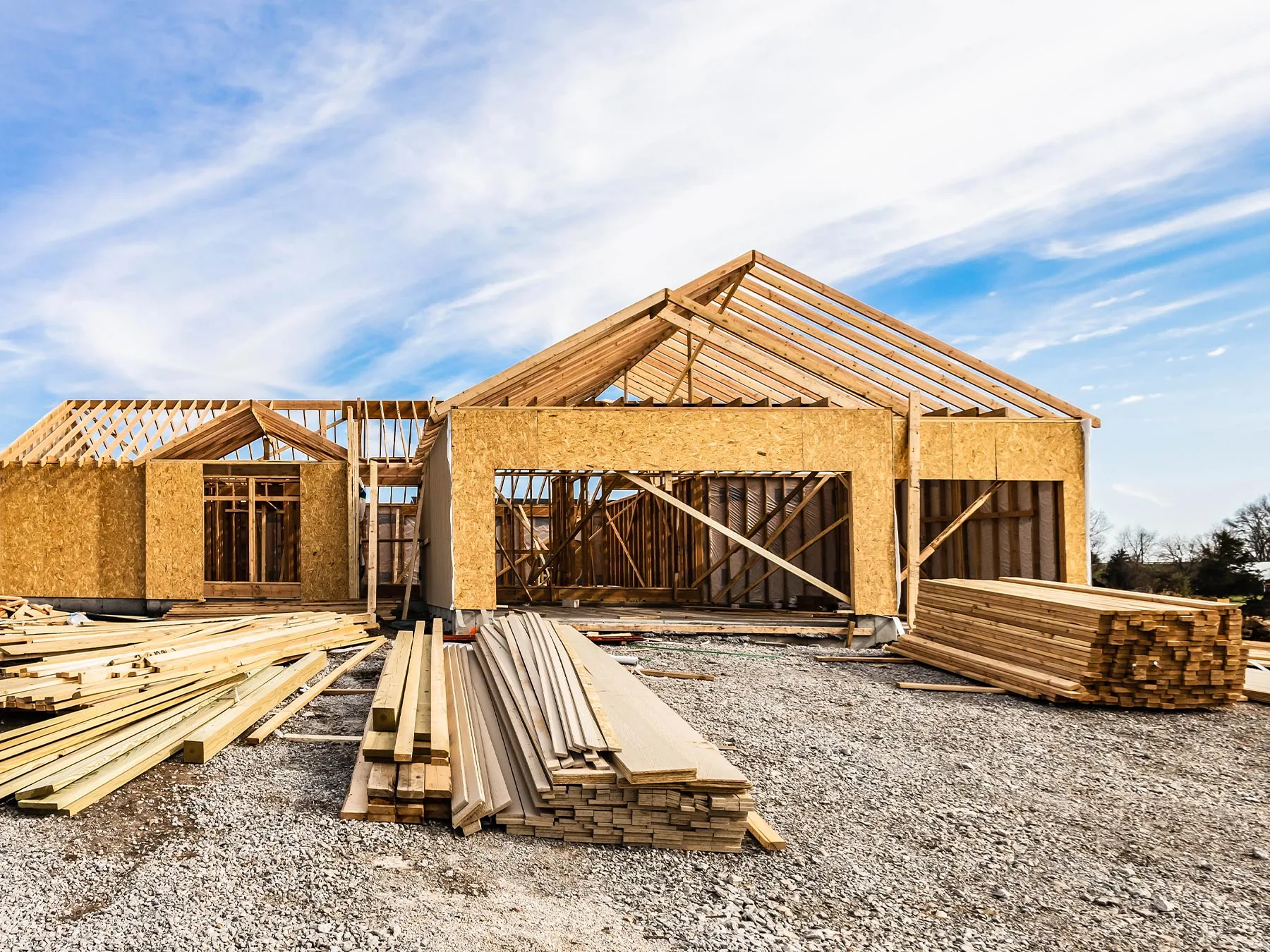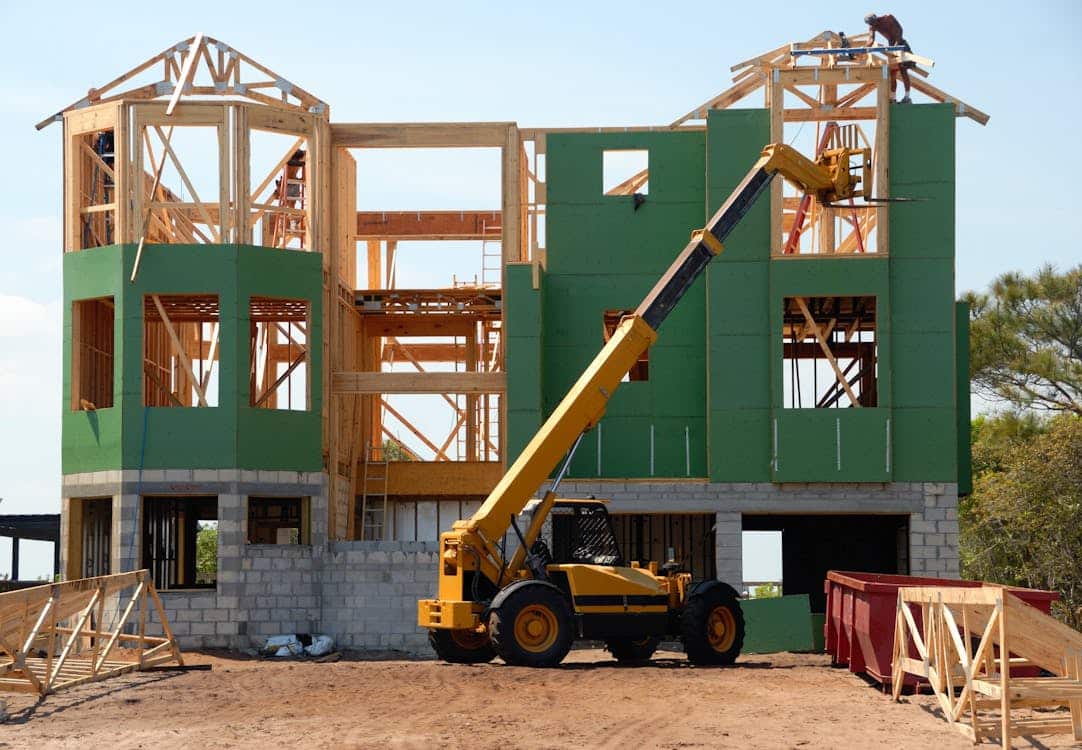Building a home in Denver can be exciting, but it’s rarely simple. Between navigating permits, hiring the right contractor, and waiting on materials, delays are common. With so many new homes going up across the metro area, demand is high, and that puts even more pressure on timelines. Many people want their homes finished fast. No one wants to pay rent or live with relatives for months longer than expected. But fast doesn’t have to mean sloppy.
Start With a Solid Plan
If you want a quick build, planning is your best friend. Every decision you put off at the beginning can cause delays down the road. A complete plan saves time later.
Denver has specific zoning laws and building codes. A local architect or builder will know what works and what doesn’t. Get your permits lined up early so there are no hold-ups once construction starts. It’s also important to pick your finishes—like flooring, cabinets, and fixtures—before work begins. Waiting to choose them mid-project often leads to delays.
Your plan should also account for local weather. A sudden snowstorm or heat wave can pause construction if the crew isn’t ready. Build your schedule with weather in mind.
Use On-Site Storage to Stay Organized
One of the biggest sources of construction delays is disorganization. When tools, supplies, or materials are left out in the open, they can get lost, damaged, or stolen. Having a secure place to store everything helps keep the project moving.
Many builders in Denver use on-site storage units to stay on track. Shipping containers work well for this. They’re weatherproof, lockable, and easy to set up on most job sites. Crews can load them with materials for different phases of the build, so nothing gets misplaced between steps.
If you’re in search of shipping containers Denver has several suppliers that rent or sell them for construction use. These containers are especially helpful during weather changes, which can happen quickly here. By keeping tools and supplies protected, the team can work more efficiently and avoid unnecessary stops.
Staying organized doesn’t take much effort, but it can make a big difference in how fast your home gets built.
Choose the Right Contractor
Once your plan is in place, the next step is finding a contractor who can deliver on it. Not all builders work at the same pace—or the same level of quality. Some might be juggling multiple projects, which can stretch timelines.
Ask about their current workload, team size, and how they schedule jobs. A contractor who stays organized, keeps good communication, and shows up on time is worth their weight. Don’t be afraid to check references or look at past projects. A little homework up front can save months of frustration later. It’s also smart to ask how they handle delays and unexpected changes. A good contractor will have a clear process to keep things moving, even when problems come up.
Use Materials That Are Readily Available

Delays often happen when materials don’t arrive on time. If you want to speed things up, focus on what’s already in stock. Custom orders and specialty finishes might look nice, but they can hold up your entire schedule if something gets backordered or damaged in transit.
You can find plenty of reliable suppliers for basic construction materials, from framing wood to flooring and tile. Choosing items that are easy to find helps avoid long wait times and keeps your crew moving. Talk to your builder about what’s available locally before placing orders.
Some homeowners get caught up in trends or wait weeks for items from out of state. That can create gaps in the work schedule. It’s smarter to stick with materials that won’t cause delays. You’ll still have plenty of style options, and the job keeps moving forward.
Schedule Inspections Early
Inspections are part of the process at different stages of construction. You might need approval before pouring the foundation, closing up walls, or hooking up utilities. If you wait until the last minute to book an inspection, you could find yourself stuck for days or even weeks.
Permitting and inspection offices tend to be busy. The sooner you get on their schedule, the better. If your project is moving fast, make sure inspections don’t become the bottleneck. A good contractor will help with this, but it’s a good idea to stay on top of it too.
Call ahead, know the timeline, and get inspections locked in. Missing one step can push your whole project back. Early scheduling can help you stay ahead instead of scrambling at the last second.
Stay Involved Without Micromanaging
It’s your home, so it’s natural to want updates. Checking in on progress can help keep everyone on track. Walk through the site regularly. Look for things that don’t seem right. Ask questions if something feels off. Most crews don’t mind if you stop by as long as you’re not getting in the way.
That said, hovering too much can slow things down. Let the crew do their job. Trust the process, but stay visible. If your contractor knows you’re paying attention, they’re more likely to stick to the plan.
Set up regular check-ins with your builder. A quick call or short meeting can solve problems before they grow. If something needs to change, talk it through early rather than waiting until it’s too late to adjust.
Being present and active helps move the job along without causing friction. It also gives you more control without slowing down the team.
Building a home faster doesn’t mean giving up on quality. In a fast-moving market, a strong plan, flexible materials, and good communication can shave weeks off your timeline. Working with the right people and staying involved can make a big difference from start to finish. A smoother, faster build starts with smart choices—not shortcuts.

